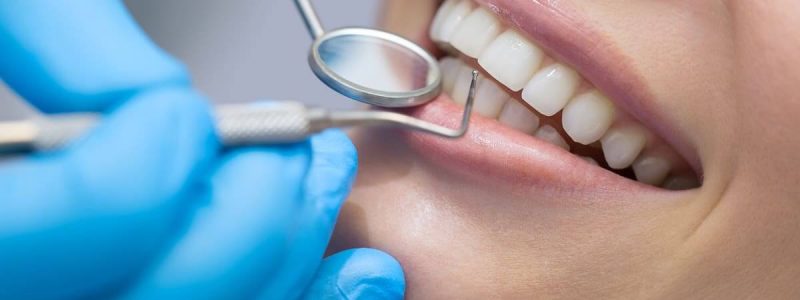- Call +91 99666 15150 For Emergency dental assistance.
- Sahara Rd, opp. SBI, Vivekanand Nagar, Mansoorabad, Hyderabad.

At Raman Dental, Our Mission Is To Create Radiant And Healthy Smiles That Last A Lifetime. As A Leading Dental Clinic In Hyderabad, We Are Dedicated To Providing Top-Rated Dental Services With A Focus On Advanced Technology And Personalized Care.

Description: Performed by a dentist using professional-grade bleaching agents.
Duration: Typically takes about 1-2 hours.
Advantages: Quick results, significant whitening in one visit.
Description: Provided by a dentist, these kits include custom-fitted trays and professional-grade whitening gel.
Duration: Used daily for a few weeks.
Advantages: Convenient, can be done at home, gradual whitening over time.
Description: Includes whitening strips, gels, and toothpaste available at pharmacies.
Duration: Varies by product, typically used for several days to weeks.
Advantages: Accessible, affordable, easy to use.
Description: Contains mild abrasives and chemicals that help remove surface stains.
Duration: Used as part of regular brushing routine.
Advantages: Maintains whitening, affordable, easy to incorporate into daily routine.
Description: Thin, flexible plastic strips coated with a peroxide-based whitening gel.
Duration: Typically used for 30 minutes daily over two weeks.
Advantages: Effective, convenient, easy to use at home.
Description: Mouthwash containing hydrogen peroxide that helps whiten teeth.
Duration: Used daily, results may take up to 12 weeks.
Advantages: Easy to use, freshens breath while whitening.
Description: In-office procedure using a laser to enhance the effects of the whitening gel.
Duration: Takes about an hour.
Advantages: Quick, effective, long-lasting results.
8.LED Light Whitening:
Teeth whitening is a cosmetic dental procedure that lightens discolorations and stains on the teeth to enhance their appearance.
Yes, when performed by a dental professional, teeth whitening is safe and effective. Over-the-counter products should be used with caution and according to the manufacturer’s instructions.
In-office teeth whitening typically takes about an hour, while at-home treatments may take a few days to a couple of weeks, depending on the product used and desired results.
The results of teeth whitening can last from several months to a few years, depending on your oral hygiene, diet, and lifestyle habits such as smoking or drinking coffee.
Some people may experience temporary tooth sensitivity or gum irritation after teeth whitening. These side effects usually subside within a few days.
Most people can benefit from teeth whitening, but it may not be suitable for individuals with severe tooth decay, gum disease, or extremely sensitive teeth. A dental professional can assess your suitability for the procedure.
The cost of teeth whitening varies depending on the method used and the dental practice. In-office treatments are generally more expensive than at-home kits.
Teeth whitening does not work on crowns, veneers, or fillings. Only natural teeth will be lightened by the treatment.
To maintain your results, practice good oral hygiene, avoid foods and drinks that stain teeth, and consider touch-up treatments as recommended by your dentist.
If you experience sensitivity, use toothpaste designed for sensitive teeth, avoid hot or cold foods and beverages, and consult your dentist for further advice.